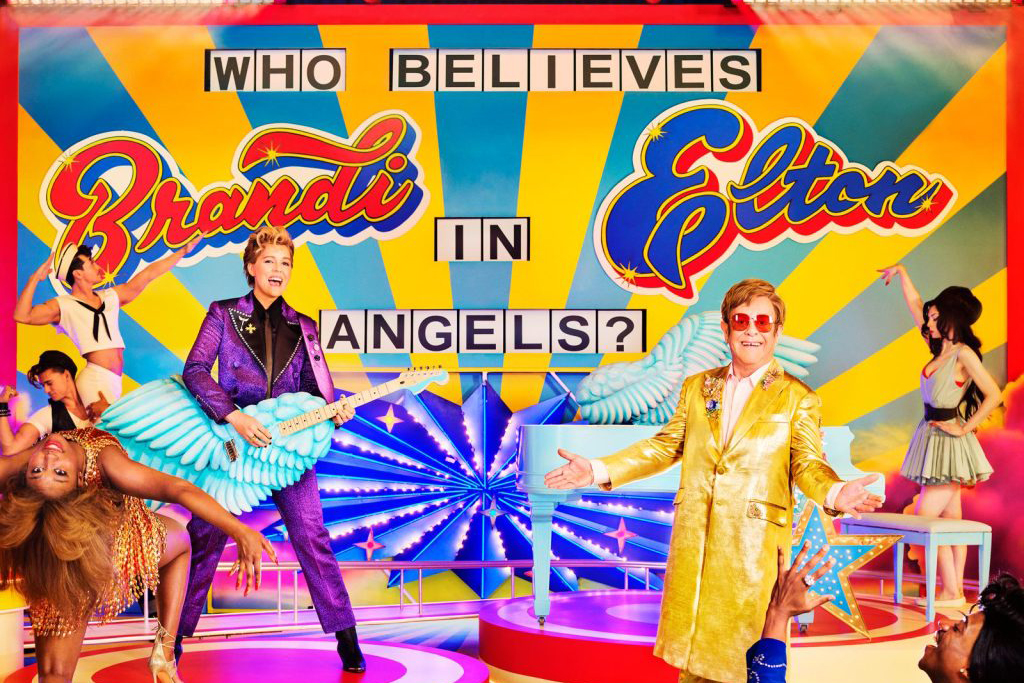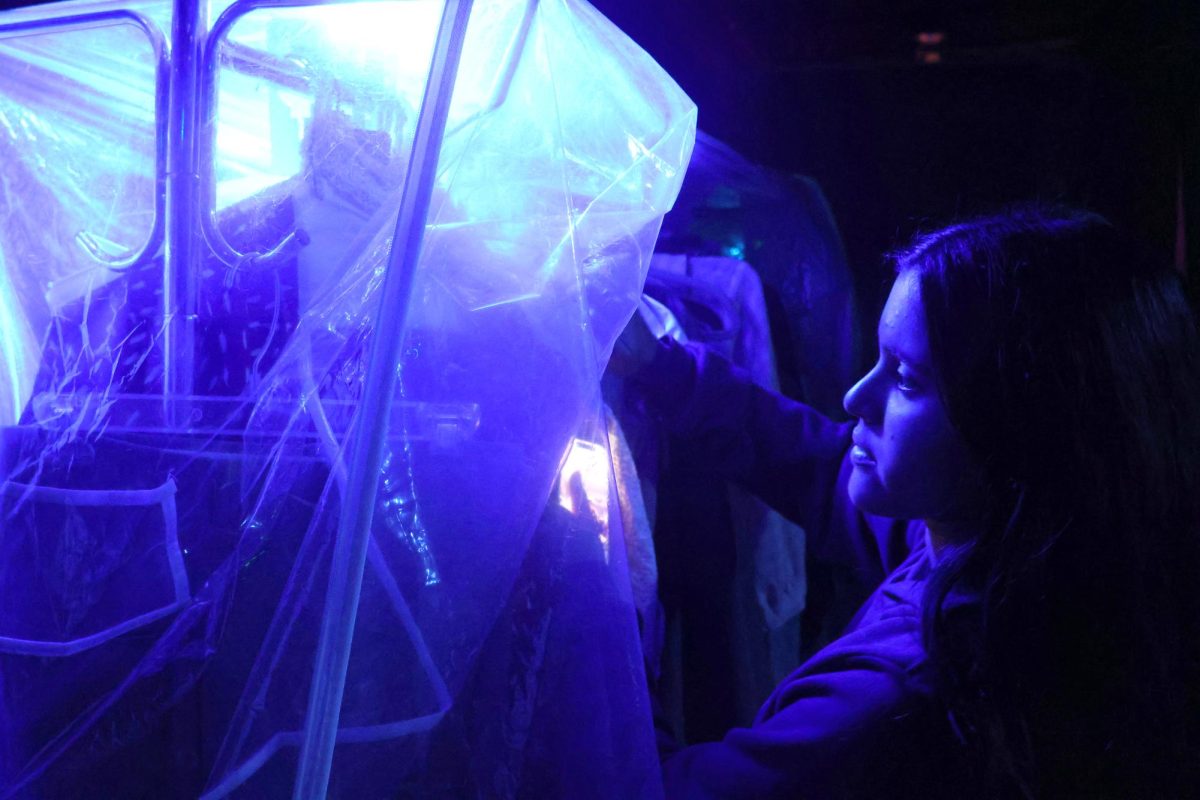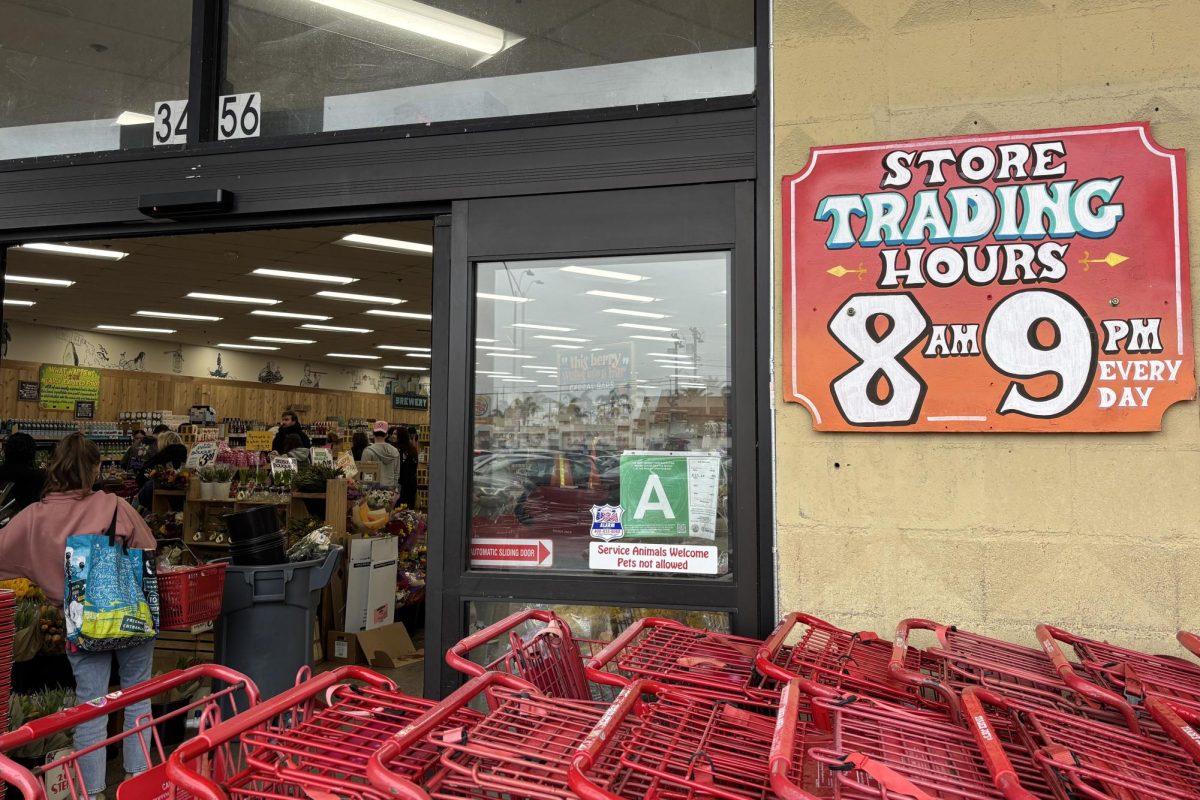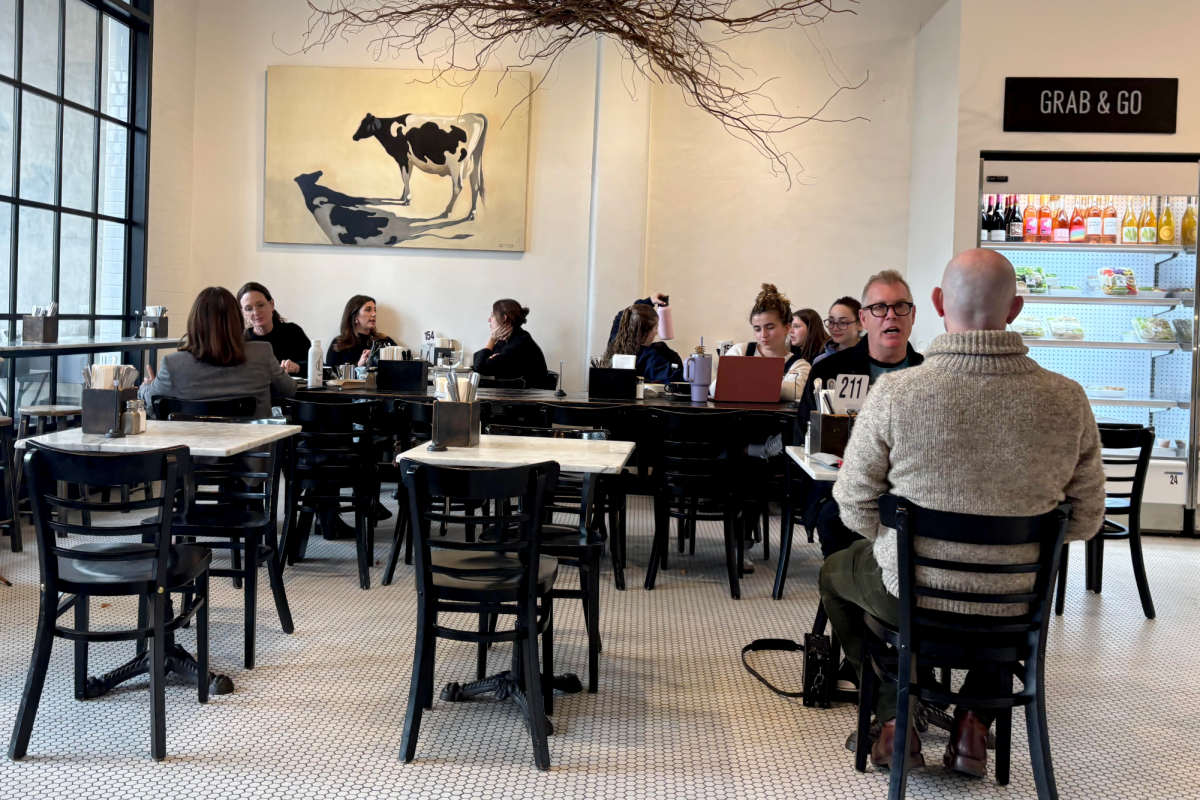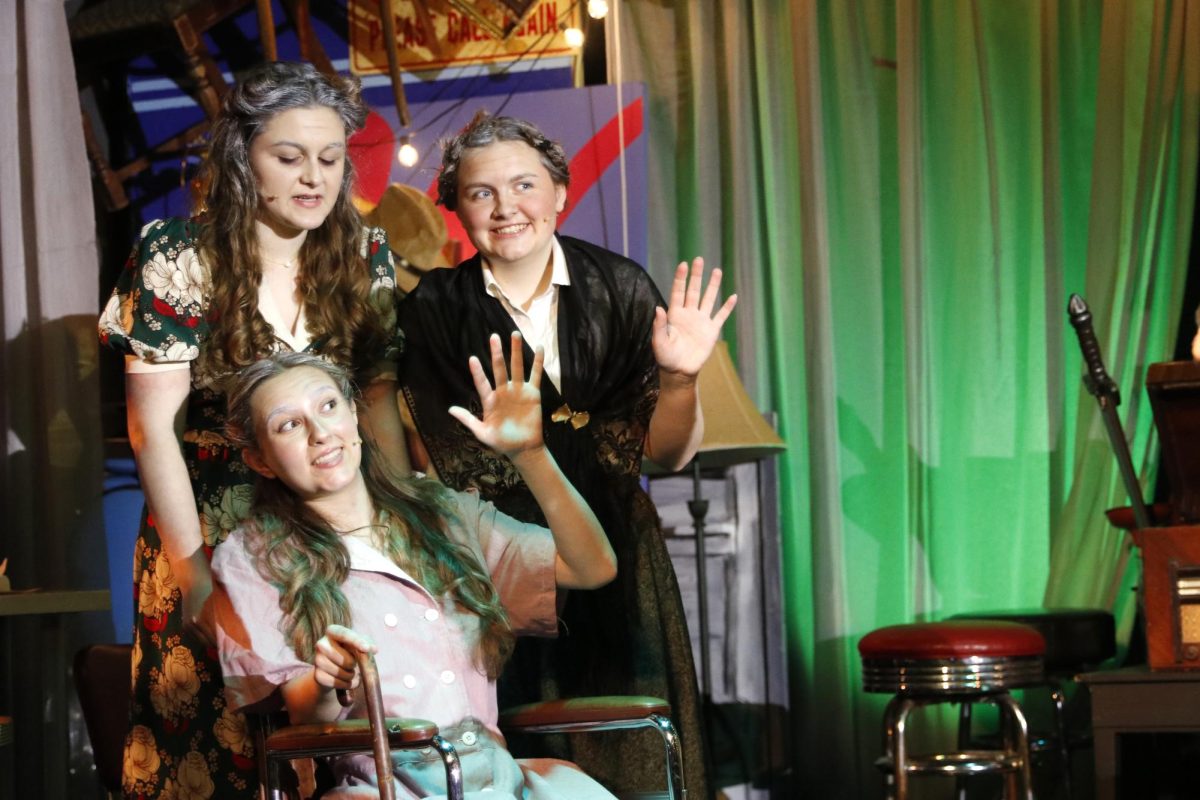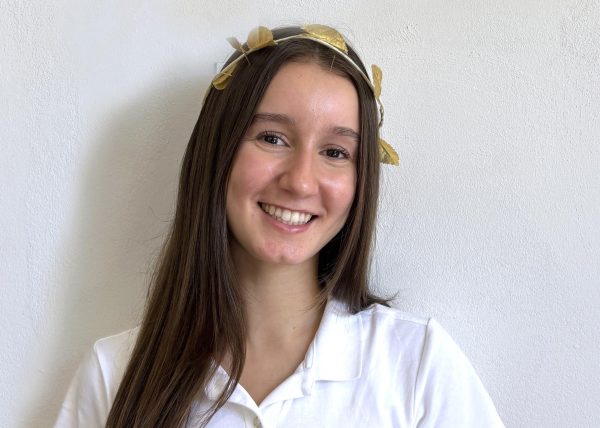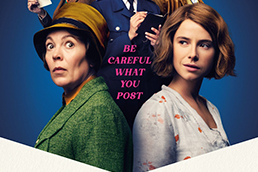
Content Warning: “Wicked Little Letters” is rated R and suggested for viewers age 15 and up by Common Sense Media.
What comes to mind when you first hear the words “wicked little letters”? For me, not much did. When my mom suggested that we see a movie titled “Wicked Little Letters” in theaters, I had no clue what it could possibly be about.
Turns out, it truly is about wicked little letters. Merriam-Webster defines wicked as “morally very bad” or “evil,” which is absolutely the best way to describe the handwritten notes filled with harsh insults and extremely foul language penned primarily to Edith Swan by an anonymous sender. Based on a true story taking place in 1920, “Wicked Little Letters” was released March 29, and stars Olivia Colman as Edith Swan and Jessie Buckley as Rose Gooding – main characters, neighbors and polar opposites.
Edith, a middle-aged woman, who is seen as an angel in her small town, reads the Bible five times a day, lives with her parents and is constantly doing house chores. Her mom cries hysterically and her dad shouts angrily every time a letter shows up at their house. Fed up, Edith’s father, Edward Swan, brings the letters to the attention of the police. The movie takes the audience along as the police work to figure out who the true author of these outrageous notes is. All I’ll say is it’s not who you’d think.
I particularly enjoyed Colman’s ability to step into a layered character with unique complexities. I was intrigued by the entanglement of Edith’s parents’ identities along with her own. Throughout the movie, the audience witnesses her journey of self-discovery and her desire for individuality. Her inability to be her own person creeps into every aspect of her life, causing her to make entertaining and bold choices.
The set of “Wicked Little Letters” was engaging and appropriate for the plot and time period. Taking place in the UK, tall, red post boxes were highlighted as a focal point of the set. This design decision promoted cohesion, as they are a reminder of the overarching idea of the movie. The post boxes ultimately helped solve the case which becomes a full circle moment.
Although she is a supporting character, I was drawn to Officer Moss and her experience as the only female police officer in the film. She remained positive over the course of the movie — even when others took credit for her work — and embarked on a journey to prove herself to her male counterparts. At one point, she is criticized for involving herself in the case at hand, although her suspicions end up being correct. Officer Moss’s story highlight some of the struggles women faced in the 1920s.
There is an extreme amount of language in this movie — which I am not always a fan of — but I do think it adds to the plot in this case. Most of the profanity is not completely unnecessary and moves the story along to an degree.
While the cursing is extensive, this movie has many important messages, such as the value of learning to be your own person and avoiding making assumptions about others. In my opinion, the best movies are the ones that have you on the edge of your seat laughing, yet also make you think once you leave the theater (or your living room). “Wicked Little Letters” does just that.
With an emphasis on teamwork, empowerment and the pitfalls of making assumptions, “Wicked Little Letters” is a wildly exciting movie that left me wanting to watch the film again in its entirety.
-
Story
-
Acting
-
Technical Quality
-
Enjoyment
-
Impact
Summary
“Wicked Little Letters” is one of those movies that makes you think. Based on a true story, this film takes you on the journey of cracking a case and shows what happens when you don’t see the whole picture.






